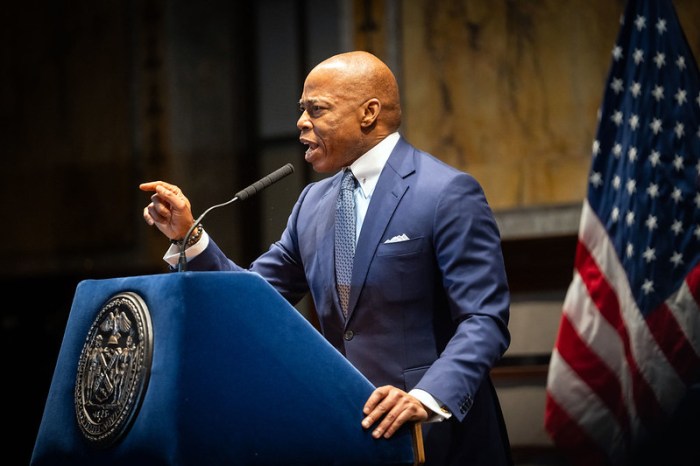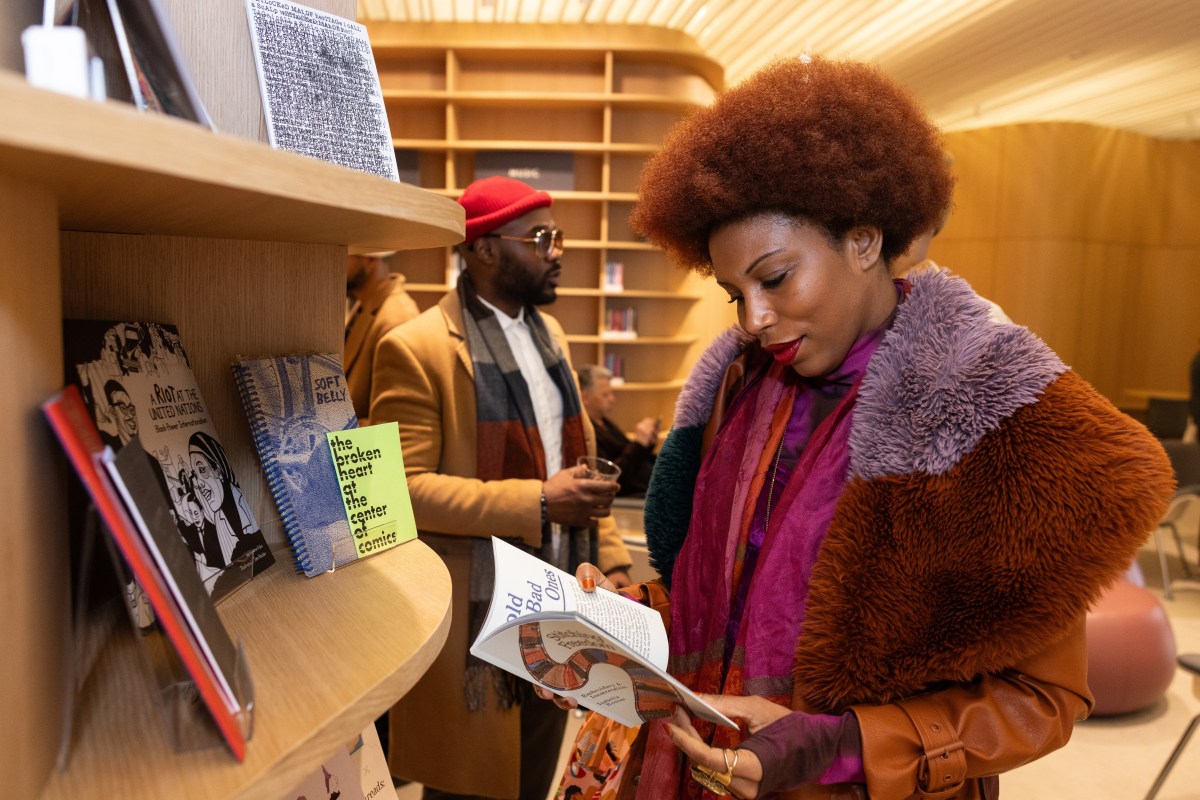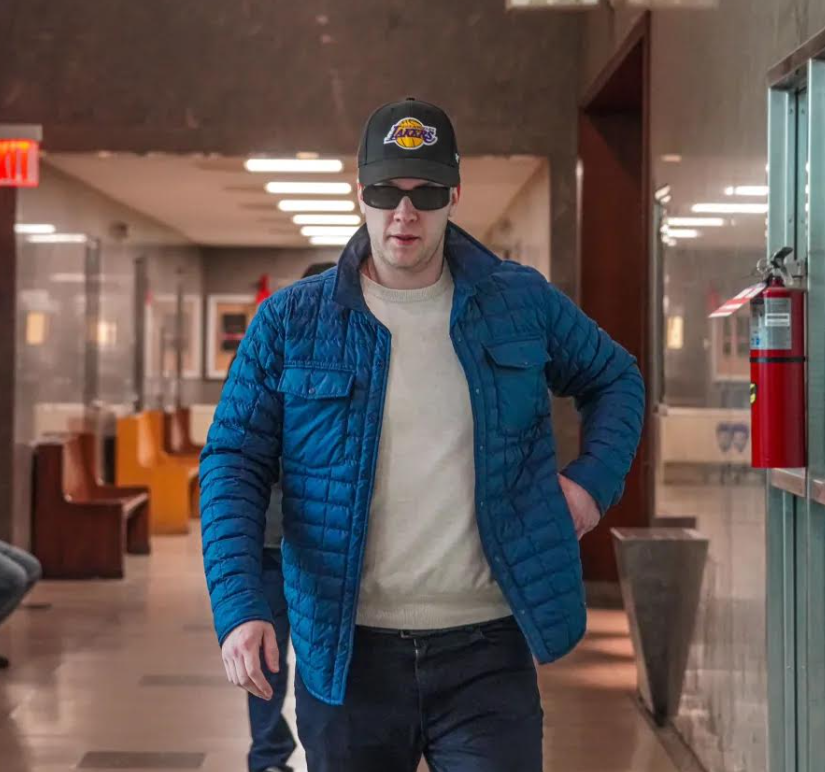Earlier this month, New York University opened its 40,000-square-foot Media and Games Network center in downtown Brooklyn. The facility, dubbed MAGNET, brings together programs in video game design, digital media design and more, all under roof. The move follows increasing interest in the school’s video game design programs, something schools across the city are seeing.
Many New York City colleges and universities offer video gaming classes (often listed under “interactive media”), and more and more are offering concentrations and degrees in video gaming.
“When I was in high school — around 2001 and 2002 — there were so few schools for this. It’s great to make games in an academic environment, and a bunch of schools are beginning to offer it,” said Shervin Ghazazani, who’s working on a master’s degree in game design through the NYU Game Center at MAGNET.
Ghazazani said the program, which he’ll complete this spring, has helped him network. “I went to a big game developers’ conference before I started here, and it was really daunting to make connections. But when I went as part of the NYU Game Center, it was great. Frank [Lantz, director of the Game Center] and all the professors are so well known they immediately open doors for you.”
Noah Schnoll, a classmate of Ghazazani’s at NYU, said even those without strong technological backgrounds shouldn’t be discouraged from studying video gaming. “I had a rudimentary background in coding before I started,” he said. “Any background is helpful. The problem in the industry is that there aren’t enough voices, and they’re mostly white male gamers telling the same stories over and over. I know I’m getting tired of it. I love coming into a room and seeing women, and people of all ethnicities working on video games and telling other stories.”
The computer and video game industry is one of the country’s fastest growing sectors. While traditionally it’s been concentrated on the West Coast, New York, Vancouver and Chicago are also popular spots, Schnoll said.
Lantz, a game designer and director of the NYU Game Center, said he’s seeing more game developers choosing to work on their own or in small groups rather than in big companies. “It’s a new environment, and in that kind of environment, New York City becomes more of a central location for game development. It’s a thriving scene and it’s becoming bigger,” he said.
Lantz explained that his school takes “an art/film school approach to games; it’s about about hands-on creation.” The school offers a two-year graduate degree, an MFA in Game Design and they’re in the process of finalizing a BFA in Game Design, which may begin as early as Fall 2014. NYU also offers an undergraduate minor in video game design.
Students are “incredibly diverse and interdisciplinary,” Lantz said. “Some come from more technical backgrounds, some from visual arts, some are more focused on storytelling and narrative. You need a mix of different strengths. Some video games are like chess, some are like tennis, some are hybrids,” he said.
Parsons The New School For Design offers both a BFA and an MFA in Design and Technology, with concentrations in gaming. “We take a more holistic approach to gaming,” said Katherine Moriwaki, director of the Design and Technology program. “There are specific game design and game studies classes and we also have some classes that integrate game design into larger subject matters.”
Moriwaki, whose brother is a video game developer in California, said that when he started getting into the field “it was a joke that that it could actually be a profession. Now everyone thinks he has just about the coolest job ever.”
There are also several options for budding video game developers at the New York Film Academy’s Game Design School: a two-year Master of Fine Arts, a three-year Bachelor of Fine Arts, a one-year Associate of Fine Arts and a one-year conservatory.
“Our curriculum balances technical skills and the art of the craft,” said Jeremy Snepa of the New York Film Academy. “Good game design is basically storytelling with coding and graphic design, so you need to have the storytelling skills in addition to technical ones.”
Students learn fundamentals of play mechanics and system design for social media, handheld games, console games and more.
“People used to want to write the Great American Novel,” said Parson’s Moriwaki. “Now they want to build the Great American Game.”


































